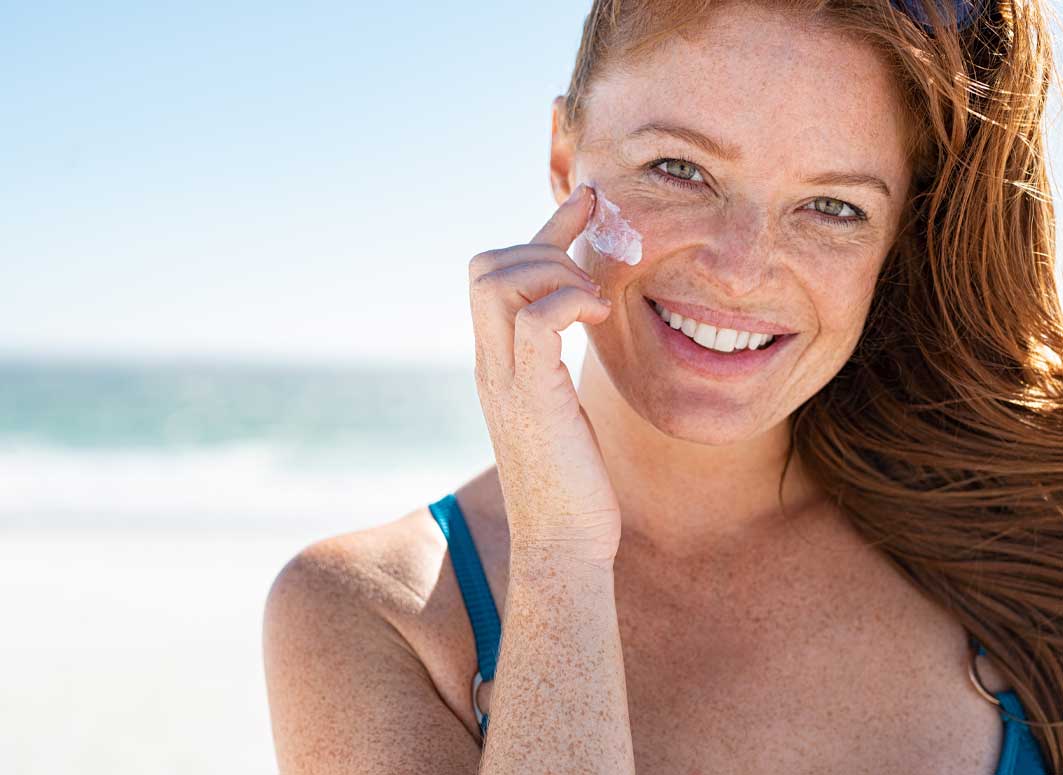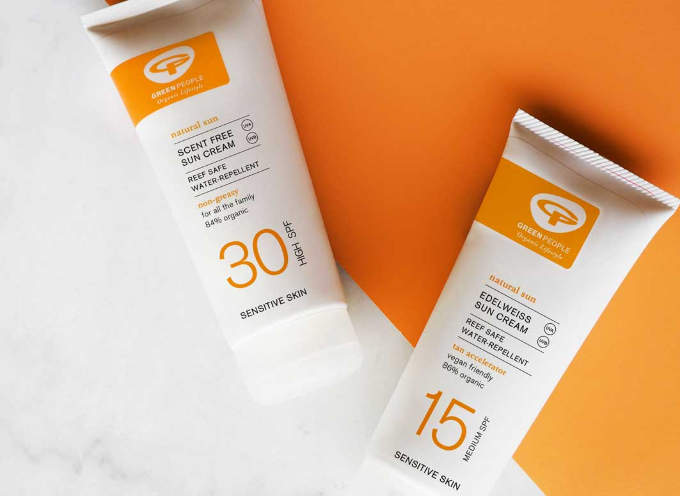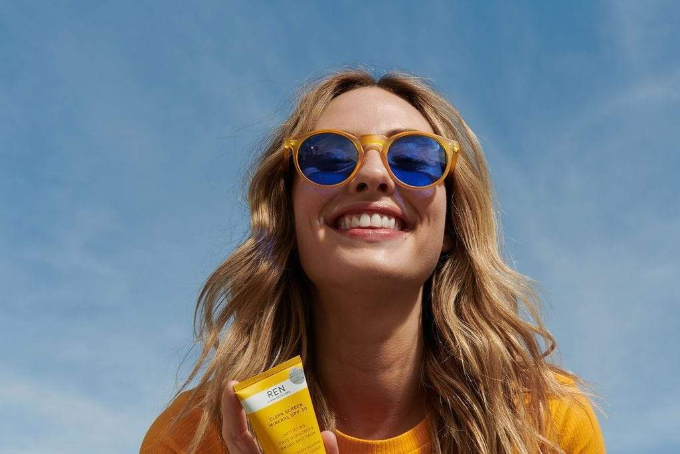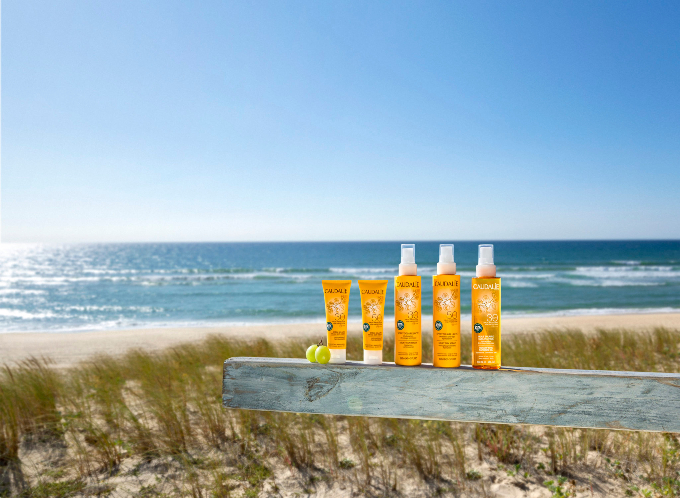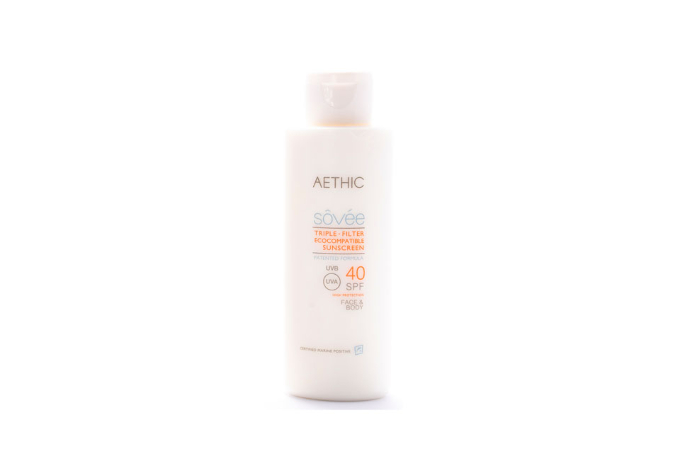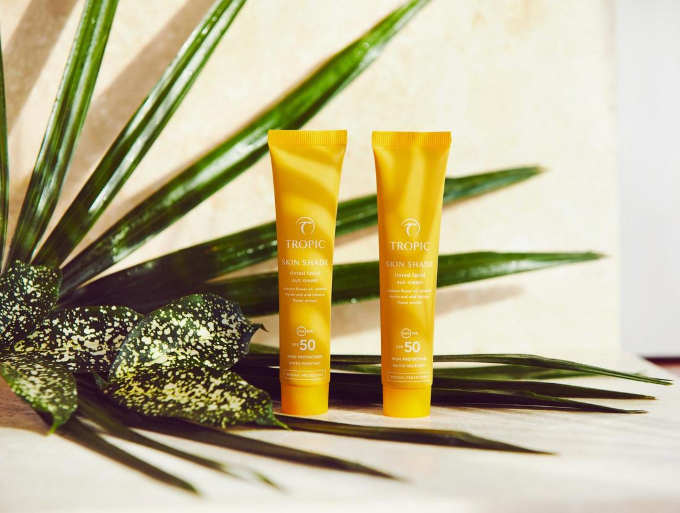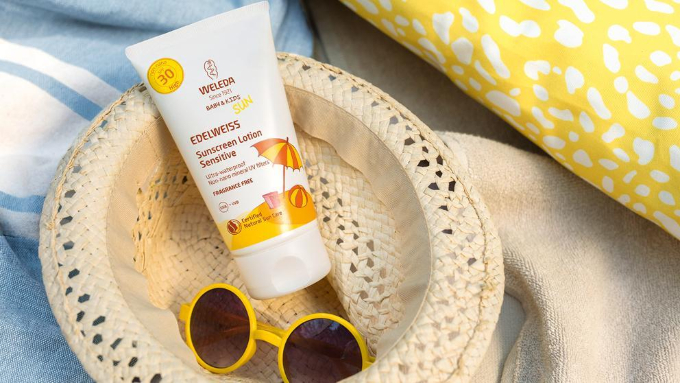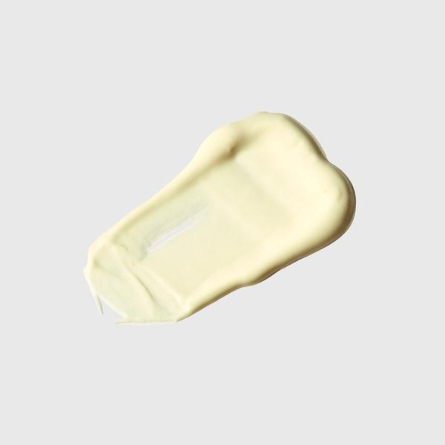London-based Pai’s ethos of effective organic skincare definitely hits the spot when it comes to their SPF range. With a mineral and plant formula, you can benefit from effective sun protection without the irritation. Plus, their non-nano formula is reef-friendly too. The mild formula is also suitable for both acne and eczema-prone skin, and many of their products are specifically created with this in mind. If you have sensitive skin and fancy splashing out a little on your sunscreen, this is the brand for you. The organic face cream contains cotton extract, which helps protect skin from the damage caused by UVB, UVA, Infra-Red and Visible radiation.








